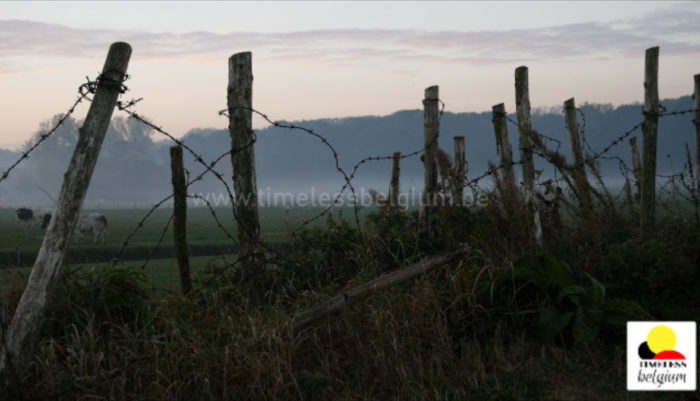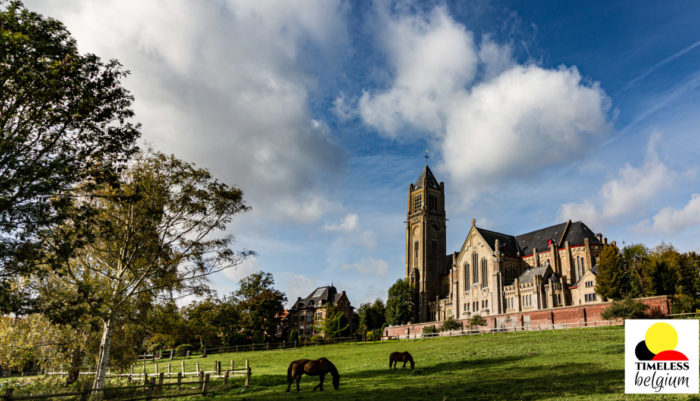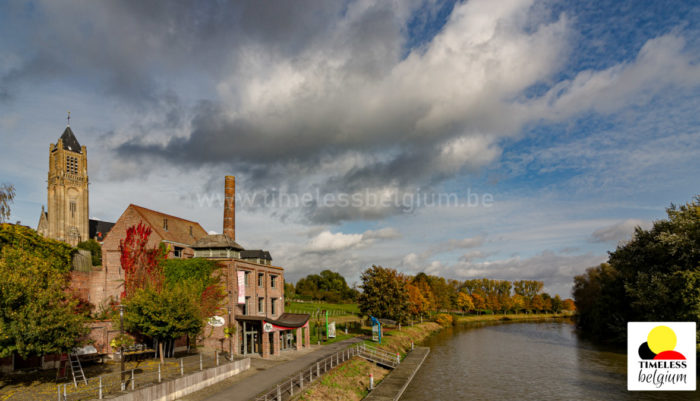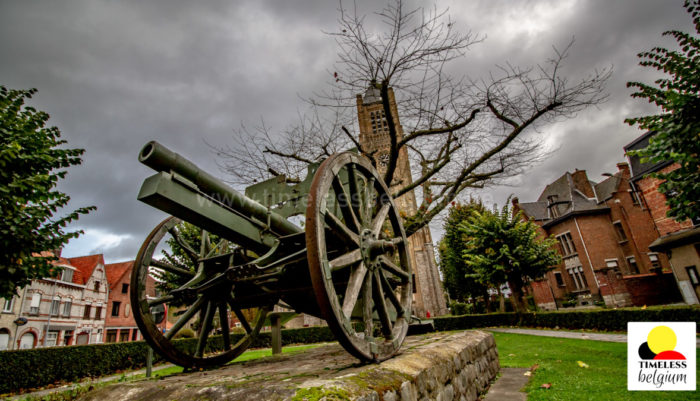Time lapse video made from the banks of the Lys river, the natural border between Belgium and France.
(Browse the collection : Hainaut Province stock footage videos, time lapses and cinematic shots)
The town of Comines-Warneton (Komen-Waasten in Dutch) is located at the western edge of the Province of Hainaut (Henegouwen in Dutch), at the border with France and West Flanders (West Vlaanderen in Dutch). It includes a few cities or villages and hamlets depending of one single administration. Comines and Warneton are the main towns of this merged municipality.
The river Lys (Leie in Dutch) flows from France to the Scheldt (Schelde in Dutch, Escaut in French) river in Ghent. In this westernly part of Belgium it also marks the natural border. As the river separates countries, bridges connect them. Town have the same name whether they are on the french or the belgian territory. So we know Comines in Belgium, Comines in France, Warneton in Belgium and Warneton in France.The renewed old factory with a chimney on top houses a bar called “Malle Poste” where concerts are organized. The building was left empty when the last brewer stopped its production in 1976. Material of the former brewery is still being shown and this reflects a local tradition. On the opposite bank of the Lys river, a similar cafe “La Guinguette” opened and has contributed to make of this location a pleasant meeting point in the summer days.
History lovers will also appreciate walking in the countryside as well as exploring battlefields of the first world war in the area.(More info : Wallonia Belgium Tourism)
File names, codec and sizes | ||
warneton003_5K+ | warneton003_fhd | warneton003_web |
Mov ProRes 422 HQ | Mov ProRes 422 HQ | H264 mp4 |
1,83 Go | 218 Mo | 12,8 Mo |
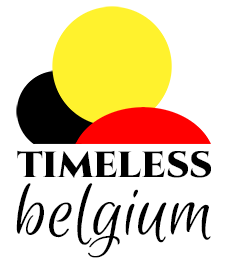
 My Account
My Account 
